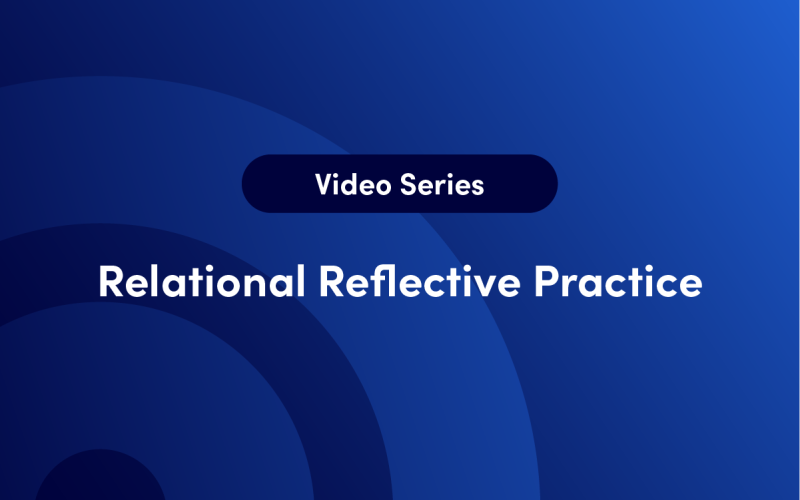Newly Qualified Staff – Looking after your wellbeing

Congratulations! You’ve made it.
As a newly qualified professional you will likely be excited about starting your new job. After studying hard, learning the ropes on placements, and getting through your exams, it’s time to put it all into practice. You finally have the chance to make a difference to real people, help the vulnerable in difficult circumstances and help adults and children a chance to transform their lives.
There have always been challenges to face when working in Health and Social Care – long hours, a demanding workload, increased expectations and limited resources. Dealing with those stresses may not come naturally to you, so read our Tips for Staying Safe and Well at Work for some ideas to help you maintain your emotional wellbeing. You might benefit from the Feeling Good or Silvercloud app, to help boost your personal resilience. They’re worth a try.
The changing working environment post-COVID (although we’re not out of the woods yet!) may present new challenges to overcome, and you may find that your expectations of the work environment are different to reality. You might be part of a team but working alone or working from home. It’s important that you find out how your team supports each other and use this support when you need it.
If you’re responsible for line-managing newly qualified staff, have a look at our Top Tips for Supporting Teams.
Remember…
As a newly qualified professional, you’re keen to prove yourself. But with services returning to previous capacity, you could feel under increased pressure by the demanding workload. The emotional strain of managing this can impact your wellbeing. Saying “no” isn’t easy, especially when you are still new and eager to succeed. Talk to your line manager about your case load and the way you’re feeling and ask them for advice on prioritising your time and workload.
It’s also important to recognise when a case may be emotionally difficult for you or overly complex and to discuss this with your manager. Remember, you may not realise that you’re emotionally and physically stretched until you stop and consider it.
Take time out to reflect on your work
When you’re constantly ‘in the moment’ and focusing on one thing, it’s easy to get tunnel vision. Sometimes the best thing you can do is Stop, and Step Away. Ask a colleague for a fresh insight – it’s a good way to get perspective. Sometimes just by articulating a problem that you can’t figure out, you’ll realise what the solution is. Demonstrating this reflective approach will be viewed as a strength by others; more experienced staff will remember how it feels to be ‘new on the job’.
Make the most of your induction period…and ask questions
Induction is a great way of learning about your organisational culture; it helps you know who you can call on for expert advice and help. So, take responsibility for it, even though it may be downplayed at present because you’re either working from home or the organisation you work for is under pressure. Asking the right questions will help you thrive in your career: who are the best contacts in partner organisations? Who might be a good mentor for you? What admin support is available to you?
Through your induction period and beyond, don’t be afraid to ask your colleagues questions about aspects of your work, and take advantage of their collective experience. Just because you’re now qualified doesn’t mean your learning stops. Best practice changes, and training can help you progress in your career, so ask your manager what courses are open to you. More importantly, ask them you’re your support and supervision arrangements are, and make them a priority.
When you come to the end of your induction, don’t forget that your job is not your only identity, you have a life outside of work. It’s important to have the correct work-life balance from the beginning. Demonstrating commitment to your job or career doesn’t mean working yourself into the ground in the first six months.
Look after yourself
It’s important you give yourself a break, both by not being too hard on yourself and being realistic in your self-expectations, and by making sure you have time to wind down every so often. Make sure you take your breaks, give yourself a few minutes away from the computer screen, or step away from files or client/patient areas. You can only be at your most effective in work if you’re maintaining your own health and wellbeing, so give yourself some time to do that.
Understand the importance of emotional resilience
Emotional resilience starts with being self-aware. You can remain resilient while still caring deeply for your patients or clients. They will get more from you if you are emotionally resilient, because you’ll be thinking more clearly and working more effectively. Spend some time looking at our webinar recording on Developing Your Personal Resilience in challenging times.
Some professionals experience sudden emotional reactions because they focus entirely on the person they are looking after without realising the impact it has on their own wellbeing. By contrasting how you feel about something, and what impact it has on you, you’re able to deal with those stresses more easily.
Check in with yourself regularly; are you too emotionally involved in your work? Make sure you’re looking after the basics like having a healthy diet, getting enough sleep, and engaging in activities you enjoy outside work. If you’re experiencing difficulties with your sleep, try the Sleepio app for an online programme based on cognitive and behavioural techniques. Our recent webinar, “Sleeping on the job – managing sleep and shift work” could also be helpful. You can watch or listen to a recording of it here.
If you find that you are feeling low or becoming anxious, you might benefit from trying the Daylight or Silvercloud app. Daylight provides a science-backed anxiety improvement programme that can help you control feelings of worry and anxiety, while Silvercloud is a structured programme based on CBT, that can help you manage your mental health, resilience, stress, and sleep. If you’re experiencing worry or anxiety, check out our “Worry, Stress, Anxiety and Sleep – techniques to help you feel better” webinar. If you’re experiencing low mood, check out our “Low mood: what is it and what helps?” webinar. Video and audio recordings of these webinars can be found on this page.
Finally, if you think you might be drinking too much alcohol, please have a look at this page of resources. In particular, you might benefit from completing the AUDIT self-test tool, which you can find here. This video from an addictions doctor has some really useful advice around alcohol.
Remember to make time for your loved ones too. They deserve it as much as the people you care for. They are also the ones that will give you the support when you need it and help you to keep a healthy work-life balance.
Worrying about finances
As well as the pressures of starting a new job you may be worrying about your finances and debt that you have built up while studying. Take a look at our Financial Wellbeing page for resources that you might find helpful.
Related
Most popular

Welcome to the Hub. We hope you’ll find the support you’re looking for. To help us improve the site and make it relevant to you, please take a minute to answer a few quick questions. Thank you.
Give us feedback








